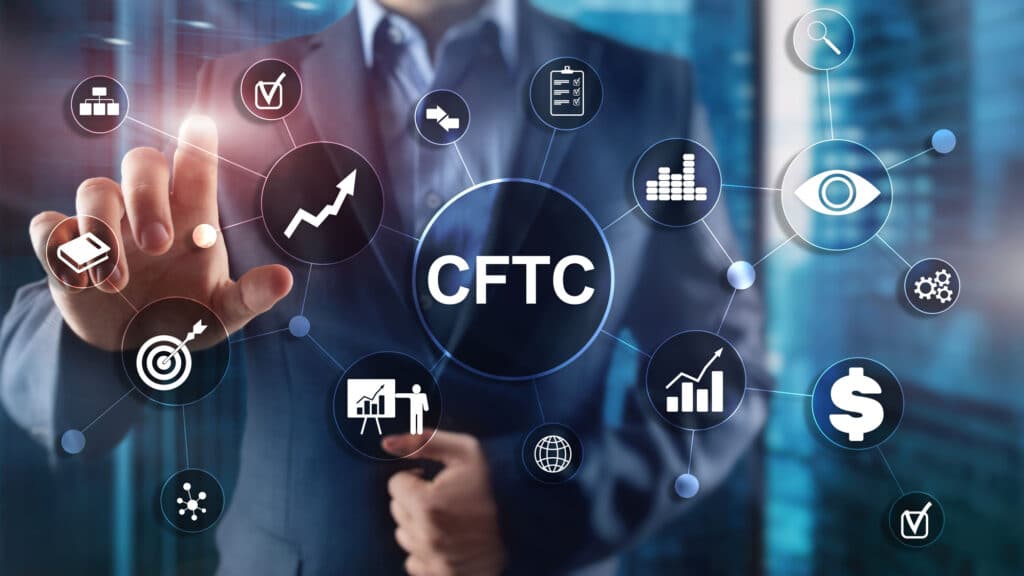
June 06, 2023
Chairman Thompson, Ranking Member Scott and members of the Committee, thank you for the opportunity to appear before you.
The Need for Legislation to Fill the Regulatory Gap
Since my Senate confirmation hearing almost two years ago, I have consistently highlighted the need for Congressional action to address the lack of federal regulation over the digital commodity market.[1] I have been clear in testimony before Congress as well as in other public statements that bringing this volatile market out of the shadows and into the regulatory fold would protect customers, ensure market resilience and stability, and prevent contagion to the traditional financial system.
I have not done this alone. Last year, the Financial Stability Oversight Council unanimously issued a landmark report on the financial stability risks presented by the digital asset market.[2] One of the core recommendations called on Congress to enact legislation to fill the clear regulatory gap over the spot market for digital assets that are not securities.
The events over the past year bring added urgency to these recommendations. The bankruptcy of several large digital asset platforms erased billions of dollars in customer funds. Multiple large market participants allegedly engaged in manipulative and abusive trading activity, including through opaque arrangements with affiliated trading platforms, undermining confidence in these nascent markets. Cybersecurity vulnerabilities continue to be exploited in weekly hacks, resulting in billions of dollars in lost funds.[3]
Simply put, we know how this story ends. Leaving billions of dollars of customer funds and investments in largely unregulated entities is a recipe for disaster. But, recent history can teach us many lessons. Following the 2008 financial crisis, this Committee—working on a bipartisan basis—responded with reforms to the previously unregulated swaps market that were anchored in core principles of sound market regulation: transparency, reporting, and registration, to name just a few.
These tools are necessary to prevent future crises. They have served as tried and true rules of the road for the derivatives markets. Indeed, one of the only FTX entities that avoided the broader FTX bankruptcy proceedings did so because of CFTC regulation that mandated any registered entities maintain segregation of customer funds, sufficient financial resources, and proper governance. That is, the entity was able to protect customer funds while continuing to operate. I believe the broader digital commodity market should be subject to similar time-tested regulations focused on protection of customer assets, surveillance of trading activity, prohibitions on conflicts of interest, and imposition of stringent cybersecurity standards.
Key Provisions for Regulating the Digital Commodity Market
I am encouraged by the continued interest of both parties in Congress and the Administration to address the regulatory gap over digital commodities and generally support legislative efforts by this Committee to provide the CFTC with additional authority to do just that. That said, it is critically important that any new legislation considered by the Congress does not undermine existing laws. Most notably, where securities laws apply, the Securities and Exchange Commission should use its robust authorities to protect customers and address information gaps between securities issuers and investors in the market. I would like to highlight those areas that I think are particularly important for Congress to address in any legislation on this issue.
Customer protections
For retail market participants entering a new and technically complex digital asset market, robust customer protections are paramount. Congress should ensure that the CFTC is fully empowered to require registered entities to make necessary disclosures regarding a variety of matters, such as investment risk, cybersecurity risks, mining, settlement practices and other related activities; ensure customers are receiving the best available prices; and segregate and safeguard assets in a way that protects customers in the event of a failure by the platform.
We also know that these markets are often promoted as a form of financial inclusion to populations that may be most vulnerable to the inherent risks in these assets as well as to predatory financial schemes. Any legislation in this area should recognize this dynamic and require additional work and study to better understand how these populations interact with this market and ensure they are adequately protected.
Market integrity
In the absence of federal market regulation, the digital asset market has been plagued by fraud and manipulation. The CFTC has been aggressive and proactive in policing these markets, bringing over 85 cases resulting in over $4 billion in penalties and restitution. But, our legal authority in the spot market for digital commodity tokens is necessarily limited to acting only after the fraud has occurred. A key feature of any regulatory scheme should be authority for the CFTC to proactively establish rules to minimize fraud in the first place. This should include authority to set stringent standards for preventing conflicts of interest, establish rules for maintaining fair, open, and transparent markets, and actively monitoring trading by market participants.
Funding
Presently, the CFTC is the only financial market regulator that relies on appropriated dollars from Congress for its funding. Other financial regulators have self-funding mechanisms in place that provide greater assurance that their fiscal year budget requests will be fully funded. For any regulator taking on new authority, it is imperative that the Congress provide the resources necessary to implement that new authority. Regulation of the digital commodity market will bring new responsibilities to the CFTC that cannot be managed by simply folding this market into our existing regulatory regime with existing resources.
I want to thank the Committee again for the opportunity to testify. I am encouraged by the Committee’s efforts to address difficult policy issues in the digital asset space, in particular, addressing the existing gaps in regulation. As always, there is more work to be done, and I stand ready to engage with this Committee and members of Congress on this legislative proposal to ensure it addresses all key considerations in this emerging marketplace.
Source: CFTC






